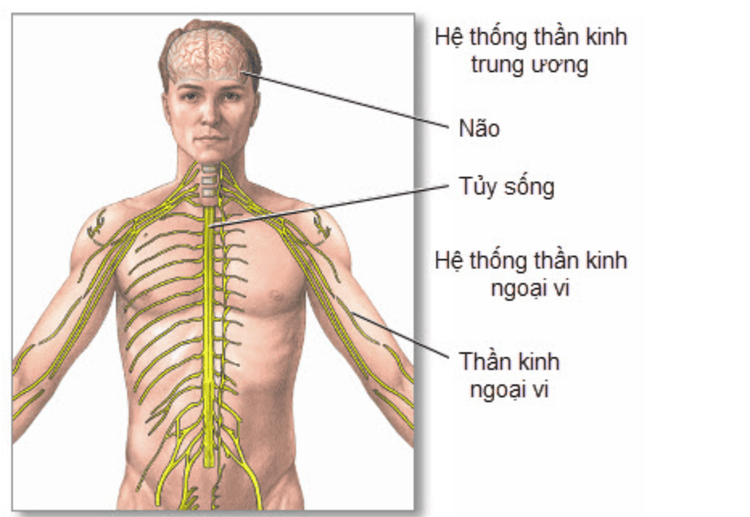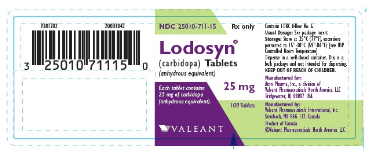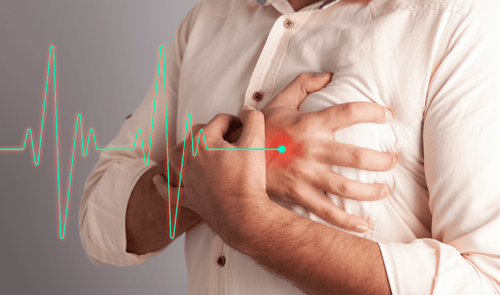This is an automatically translated article.
Disorders of the autonomic nervous system that affect the body's automatic organ systems such as the circulatory system, the digestive system... Manifestations of autonomic dysfunction are often confused with other diseases. , leading to easy misdiagnosis and incorrect treatment, so no effective treatment can be achieved.
1. Disorders of the autonomic nervous system
The autonomic nervous system governs visceral movements, directs automatic activities not according to the will of the person, including the activities of organs such as digestion, circulation, respiratory, excretory...
The autonomic nervous system is divided into sympathetic and parasympathetic systems based on the function. These two autonomic nervous systems work in opposition to each other (for example, the sympathetic nervous system acts on the heart to cause tachycardia, leading to increased blood pressure, the parasympathetic nervous system, on the contrary, slows the heart, causing hypotension). blood), but this contrast is complementary to each other, harmoniously combined to create normal activities in the body.
In some cases, for some reason, an imbalance of the parasympathetic and sympathetic systems leads to autonomic neuropathy, depending on the manifestation of symptoms on different organs.

Có nhiều nguyên nhân gây rối loạn hệ thần kinh thực vật
2. Causes of vegetative nerve disorders
Causes of autonomic dysfunction are very diverse, including the following:
Autoimmune diseases: Systemic lupus erythematosus, Sjogren's syndrome Nerve ganglia due to neck surgery or radiation therapy Acquired Diabetes is one of the common causes of disease Infectious diseases caused by viruses, bacteria Side effects of some drugs such as cancer drugs, antidepressants... Diseases of degenerative disease neurochemical diseases such as brain atrophy, Parkinson's, Alzheimer's.. Use of alcohol, tobacco, psychoactive substances such as opiates... Diseases related to genetic disorders Psychological disorders such as: Tension depression, bipolar disorder...

Rượu, bia là một trong những nguyên nhân gây rối loạn hệ thần kinh
3. How to recognize autonomic neuropathy?
Symptoms of autonomic neuropathy can appear in one or more organs in the body. Manifestations on organ systems include:
Cardiovascular: Tachycardia, palpitations, increased blood pressure or bradycardia, low blood pressure, dizziness, dizziness when changing positions due to hypotension. Heart rate changes erratically, difficult to adapt to physical activity... This expression may be mistaken for a cardiac nerve disorder. Digestive: Dry mouth, digestive disorders, vomiting, nausea, diarrhea or constipation, flatulence, stimulation of defecation when stressed ... These signs are easy to confuse pathology such as gastroesophageal reflux- esophagitis, peptic ulcer disease, colitis. Urinary: Urinary retention, urinary incontinence, frequent urination, nocturia... Can be diagnosed with urinary tract infection, irritable bladder syndrome. Respiratory: Bronchospasm causes shortness of breath, a feeling of heaviness in the chest, this expression increases with stress... May be misdiagnosed as asthma (asthma often presents with typical shortness of breath about night) When the weather changes vasomotor changes causing headaches or migraines; dizzy; memory loss, forgetfulness... These symptoms are easily mistaken for migraine, cerebrovascular disorders, cerebral circulatory disorders. Excretion function: Sweating disorder, excessive secretion or decrease in secretion, affecting the ability to regulate body temperature, abnormally hot and cold body temperature. Genitourinary system: Sexual dysfunction in men causes erectile dysfunction, premature ejaculation, female causes vaginal dryness, menstrual disorders. Can be confused with diseases caused by hormone deficiency. Hair and nails: The disease can cause hair loss, dry skin, damaged nails, vasodilatation of the skin...
4. Prophylaxis of neurovegetative diseases
The main method of preventing neurovegetative diseases is to change the lifestyle:
Get enough sleep, avoid staying up late, have a reasonable rest regime, do not overwork causing stress. Limit stress by practicing meditation, yoga, walking, relaxing, increasing participation in outdoor activities. Proper weight control. If you have diabetes, you need to take medication and monitor your blood sugar regularly. Quit alcohol, tobacco and illegal drugs and psychoactive substances. Limit the risk of infection: Clean the body and living area regularly, drink enough water, eat to ensure food hygiene and safety, limit the use of processed and canned foods. Do not self-medicate without consulting your doctor. Autonomic neuropathy is easily confused with other diseases, leading to ineffective treatment, causing anxiety for patients. When there are suspicious signs of the disease, it is advisable to go to a reputable medical facility for proper examination, monitoring and treatment.
If you have unusual symptoms, you should be examined and consulted with a specialist.
Please dial HOTLINE for more information or register for an appointment HERE. Download MyVinmec app to make appointments faster and to manage your bookings easily.













